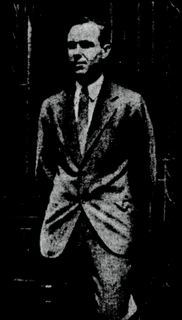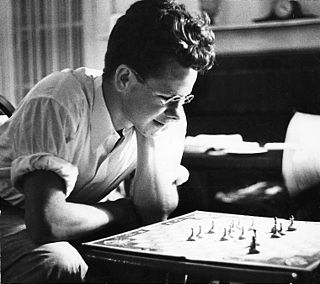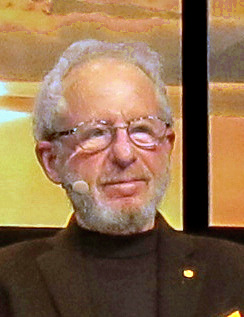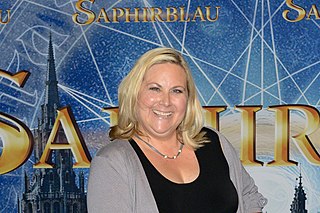A Quote by William McKinley
Without competition we would be clinging to the clumsy antiquated processes of farming and manufacture and the methods of business of long ago, and the twentieth would be no further advanced than the eighteenth century.
Related Quotes
Should an anthropologist or a sociologist be looking for a bizarre society to study, I would suggest he come to Ulster. It is one of Europe's oddest countries. Here, in the middle of the twentieth century, with modern technology transforming everybody's lives, you find a medieval mentality that is being dragged painfully into the eighteenth century by some forward-looking people.
Now, if the Standard Oil Company were the only concern in the country guilty of the practices which have given it monopolistic power, this story never would have been written. Were it alone in these methods, public scorn would long ago have made short work of the Standard Oil Company. But it is simply the most conspicuous type of what can be done by these practices. The methods it employs with such acumen, persistency, and secrecy are employed by all sorts of business men, from corner grocers up to bankers. If exposed, they are excused on the ground that this is business.
If you look at say, England and Germany a century ago, which had the most advanced navies then, they were dealing with extremely tricky technological problems. Putting a huge gun on a moving platform and ensuring that it could hit another moving target was one of the hardest technical problems of the early twentieth century.
The woman's bill of rights is, unhappily, long overdue. It should have run along with the rights of man in the eighteenth century. Its drag as to time of official proclamation is a drag as to social vision. And even if equal rights were now written into the law of our land, it would be so inadequate today as a means to food, clothing and shelter for woman at large that what they would still be enjoying would be equality in disaster rather than in realistic privilege.
Film is more than the twentieth-century art. It's another part of the twentieth-century mind. It's the world seen from inside. We've come to a certain point in the history of film. If a thing can be filmed, the film is implied in the thing itself. This is where we are. The twentieth century is on film. You have to ask yourself if there's anything about us more important than the fact that we're constantly on film, constantly watching ourselves.
We believe that there is one economic lesson which our twentieth century experience has demonstrated conclusively-that America can no more survive and grow without big business than it can survive and grow without small business.... the two are interdependent. You cannot strengthen one by weakening the other, and you cannot add to the stature of a dwarf by cutting off the legs of a giant.
You'd think that would have been forgotten long ago. But no, no sooner has a little grass grown over it than some clumsy camel comes along and rakes it all up again." Caroline giggled. She was probably imagining Aunt Glenda as a camel. "This is not a TV series, Maddy," said Lady Arista sharply. "Thank goodness, no, it isn't," said Great-aunt Maddy. "If it were, I'd have lost track of the plot ages ago.
It has been said that the three great develpments in twentieth century science are relativity, quantum mechanics, and chaos. That strikes me the same as saying that the three great developments in twentith century engineering are the airplane, the computer, and the pop-top aluminum can. Chaos and fractals are not even twentieth century ideas: chaos was first observed by Poincare and fractals were familiar to Cantor a century ago, although neither man had the computer at his disposal to show the rest of the world the beauty he was seeing.


































